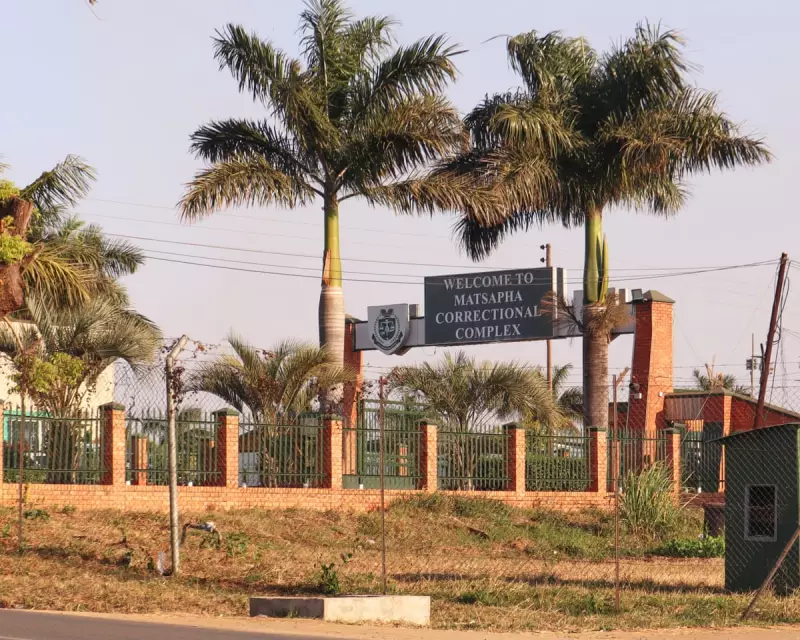
A high-profile legal battle challenging the controversial deportation agreement between the Kingdom of Eswatini and the United States has been abruptly postponed, creating further uncertainty around the contentious immigration pact.
The court case, which was highly anticipated by human rights groups and legal experts, has been delayed indefinitely. The agreement in question allows for the expedited removal of certain migrants from the United States to the southern African nation, formerly known as Swaziland.
Legal Scrutiny Intensifies
Human rights organisations have vehemently opposed the deal, arguing that it potentially violates international law and puts vulnerable individuals at risk. The legal challenge represents a significant test of the Biden administration's immigration policies and their compatibility with human rights obligations.
Advocacy groups contend that Eswatini's own human rights record and political climate make it an unsuitable destination for deported individuals. The small absolute monarchy has faced international criticism regarding political freedoms and civil liberties.
Postponement Sparks Frustration
The unexpected delay has frustrated campaigners who were prepared to present evidence questioning the legality of the arrangement. 'This postponement means more uncertainty for those directly affected by this agreement,' stated a representative from the Southern African Human Rights Defenders Network.
The court has not provided a specific reason for the adjournment nor indicated when proceedings might resume. Legal experts suggest the delay could allow both parties to prepare more extensive arguments given the complex international law dimensions involved.
Broader Implications for Immigration Policy
This case is being closely watched as it may set precedents for similar agreements between the United States and other nations. The outcome could influence how future deportation deals are structured and challenged in court.
Meanwhile, the US Department of Homeland Security maintains that such agreements are necessary components of a comprehensive border management strategy. Officials argue they help discourage dangerous irregular migration while maintaining orderly processing.
The postponement comes amid increasing scrutiny of immigration policies across Western nations and their relationships with countries in the Global South regarding migration management.





